
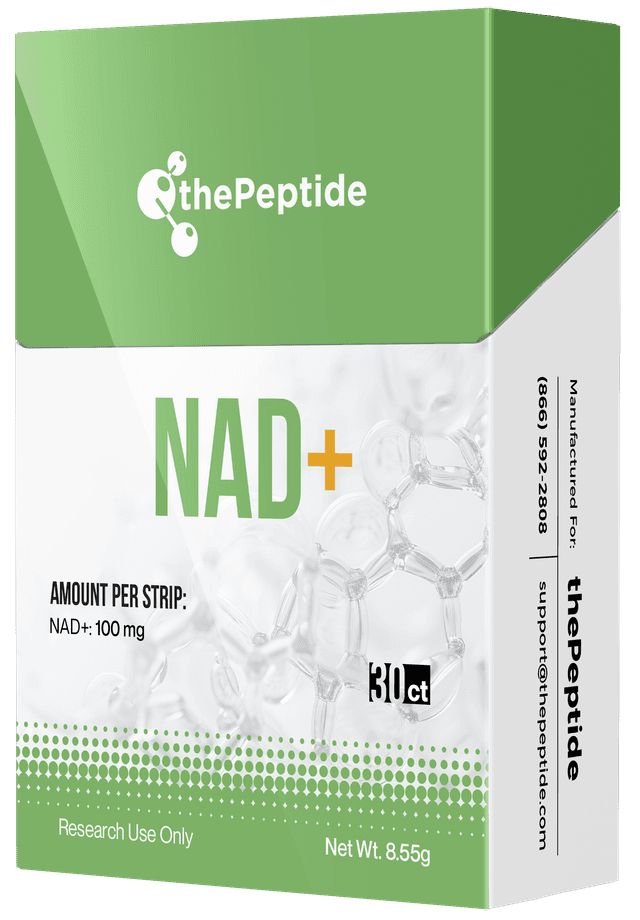

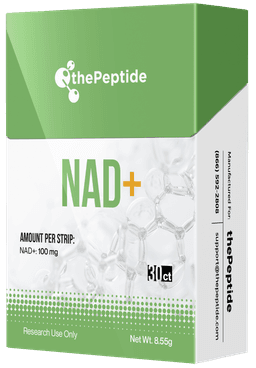
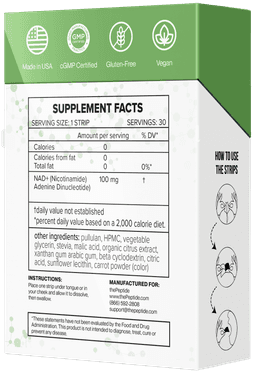

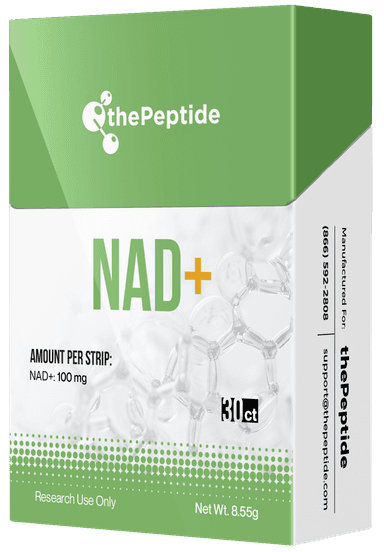

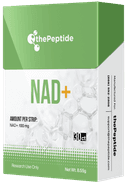
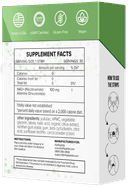
NAD⁺ (Nicotinamide Adenine Dinucleotide)
SKU:-
NAD⁺ (Nicotinamide Adenine Dinucleotide) NAD⁺ is a naturally occurring coenzyme present in all living cells and is a central component in numerous biochemical pathways. It plays a critical...
Quantity
About This Product
NAD⁺ (Nicotinamide Adenine Dinucleotide) NAD⁺ is a naturally occurring coenzyme present in all living cells and is a central component in numerous biochemical pathways. It plays a critical role in cellular metabolism, energy transfer, and redox balance. Due to its broad involvement in fundamental biological processes, NAD⁺ continues to be a subject of extensive scientific investigation across multiple research domains. Biochemical Function NAD⁺ exists in two interchangeable forms: the oxidized form (NAD⁺) and the reduced form (NADH). These forms participate in redox reactions that are essential for: • Electron transport in metabolic pathways such as glycolysis, the citric acid cycle, and oxidative phosphorylation • Mitochondrial activity and cellular energy balance in experimental models • Supporting the maintenance of cellular redox state under varying physiological conditions Research Applications and Focus Areas Studies involving NAD⁺ commonly investigate its role in: • Enzymatic activity: NAD⁺ serves as a co-substrate for enzyme families such as sirtuins and poly(ADP-ribose) polymerases (PARPs), which are implicated in DNA repair, epigenetic regulation, and cellular stress responses. • Metabolic regulation: Research explores how NAD⁺ levels correlate with cellular adaptation, mitochondrial efficiency, and overall bioenergetic status in various model systems. • Aging and stress response models: NAD⁺ is frequently studied for its involvement in pathways linked to longevity, cellular resilience, and age-associated molecular changes. Why NAD⁺ Is Widely Studied in Research Because NAD⁺ is integral to core cellular functions, it is widely used as a research tool for investigating metabolic regulation, oxidative stress, and cell signaling pathways. Its involvement in both nuclear and mitochondrial processes makes it a versatile molecule for exploring how cells respond to environmental, energetic, or genetic stressors in controlled scientific studies.

Our Products are for research and/or investigative purposes and are not suitable for direct human consumption or consumers, nor are they intended for clinical or therapeutic use.
The statements and products listed on this website are not intended to diagnose, treat, cure, or prevent any disease. As such, they have not been evaluated or approved by the Federal Food and Drug Administration (the "FDA"). We are not a compounding pharmacy or outsourcing facility as defined under either Section 503A and 503B of the Federal Food, Drug, and Cosmetic act.

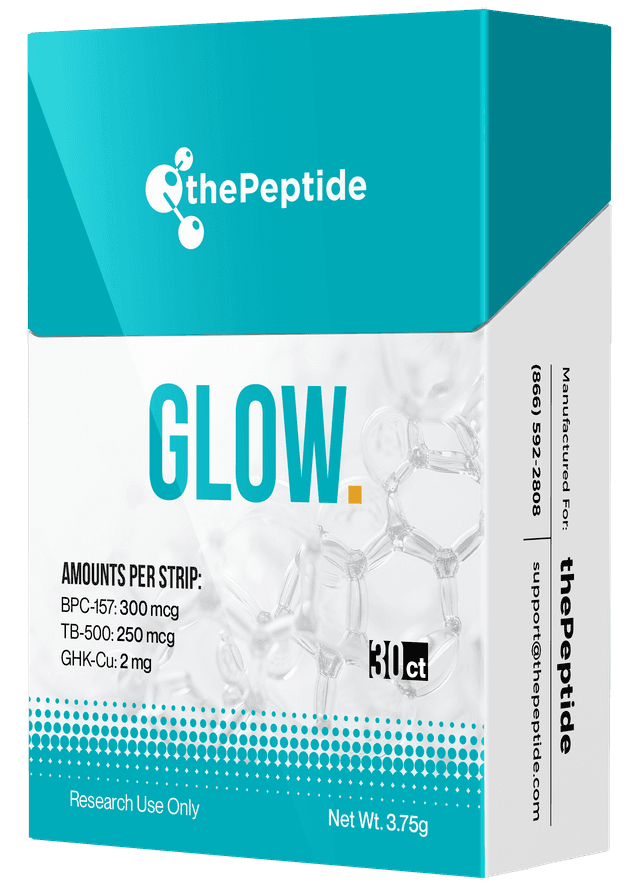

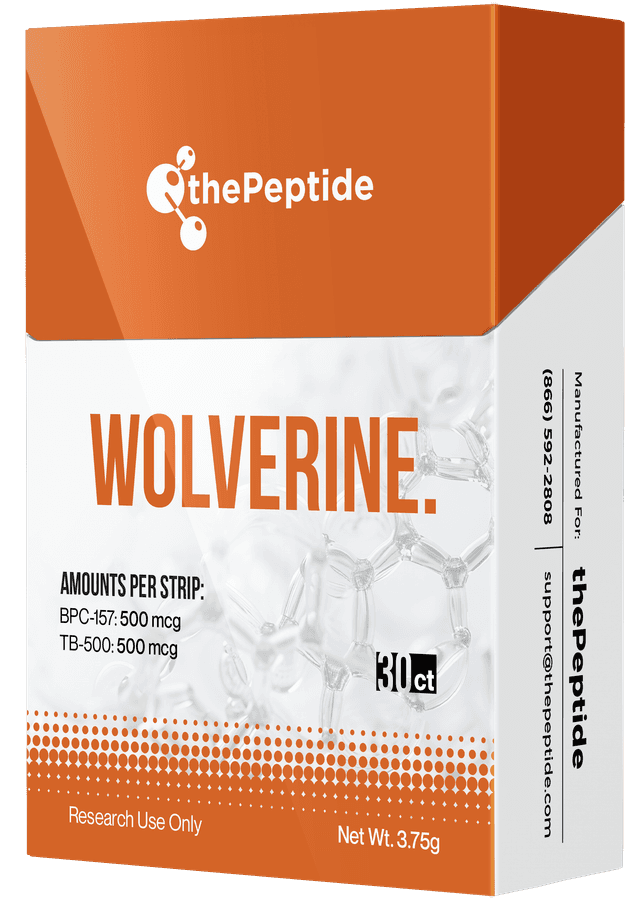

-01K18YQWGPQRKRYGZXY7K4QFFC.png&w=640&q=75&dpl=dpl_FeaQYTXKXytuwyvbR5F4B3tUTSbG)